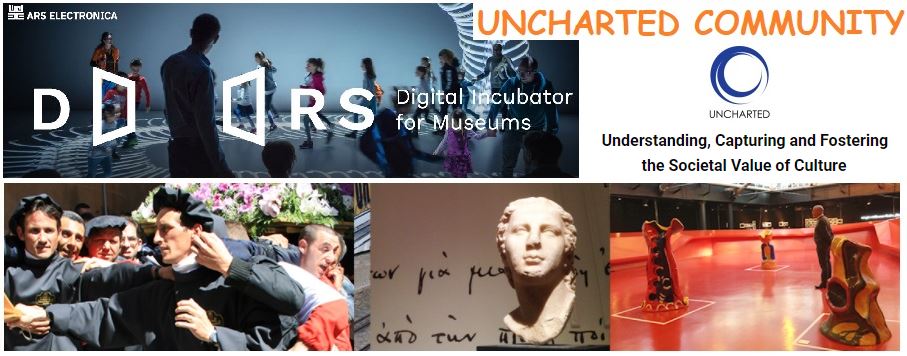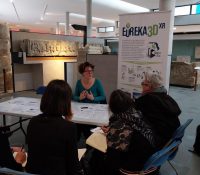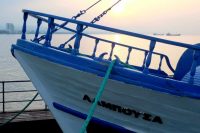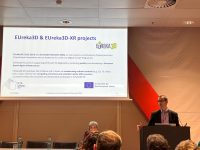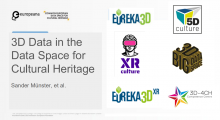This online talk by ENCATC, the European network on cultural management and policy, will be an opportunity to learn more about the latest policy developments in the field of cultural heritage (CH) – among which, the European Heritage Strategy for the 21st century (ST21) of the Council of Europe – , as well as to get to know a new learning method and a best practice example of the implementation of this tool.
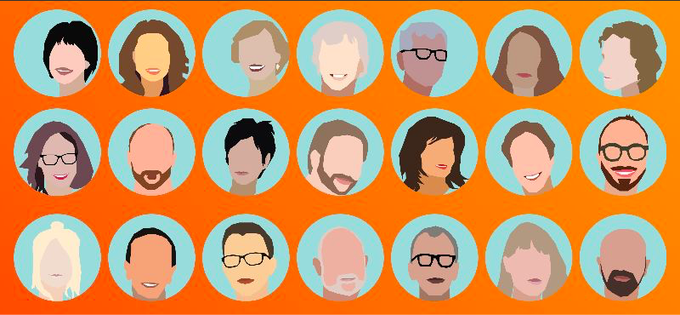
In the first part of the Talk, an extensive review of the state of the art of the main policies and initiatives currently in place or in development in the field of CH will be offered, with a special focus on Europe but also on some specific national realities.
The second part of the Talk, on its turn, will be devoted to the presentation of the new ST21 Massive Open Online Course (MOOC), which aims to address some of the challenges related to social cohesion, economic and territorial development, as well as education and knowledge. The MOOC provides heritage managers at local, regional and national levels with the knowledge and skills to implement the Strategy’s recommendations. To close this second part of the Talk, and before the debate with the audience, a best practice experience of application of this tool for a cultural project will be presented.
More info and registration: https://www.encatc.org/en/events/detail/e-learning-platform-for-cultural-heritage-management/




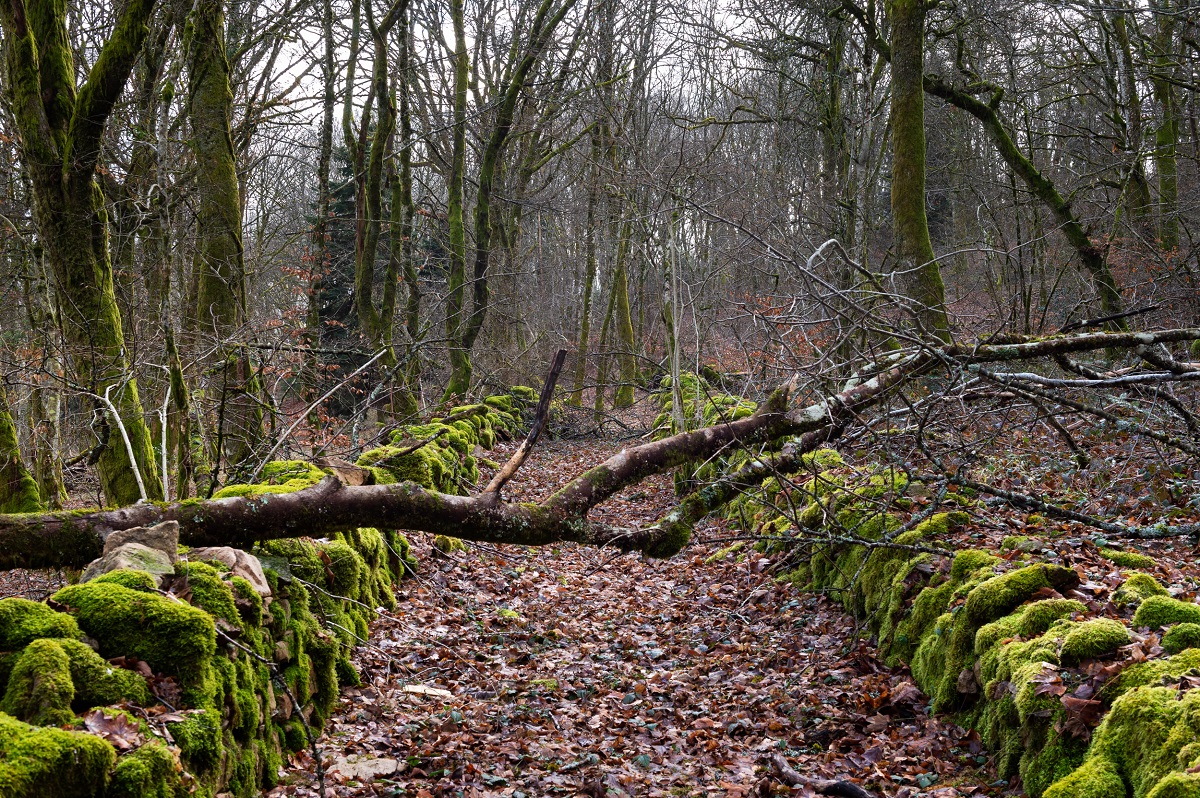
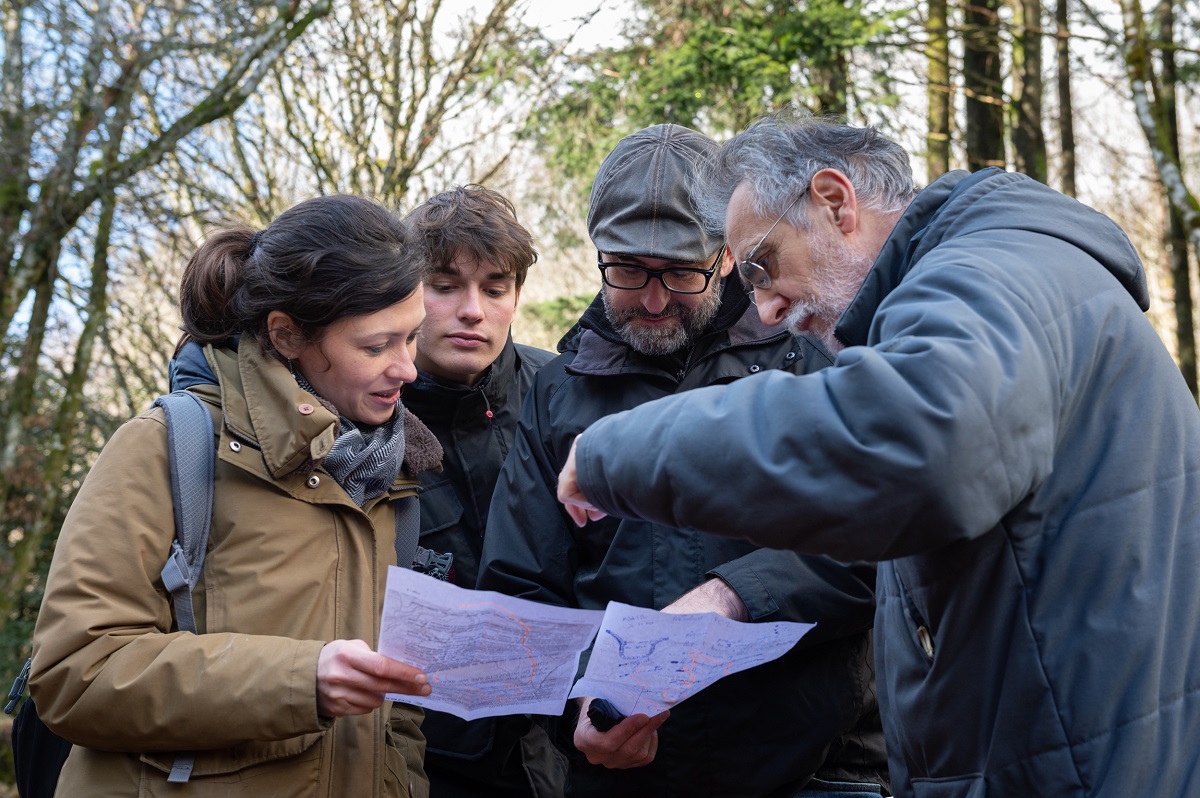





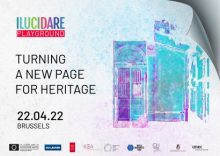
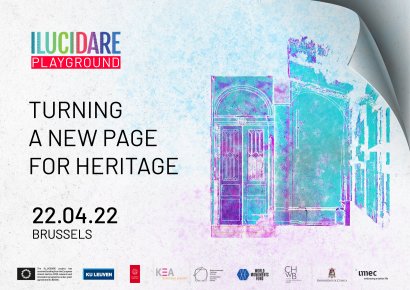
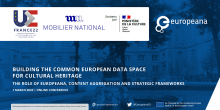
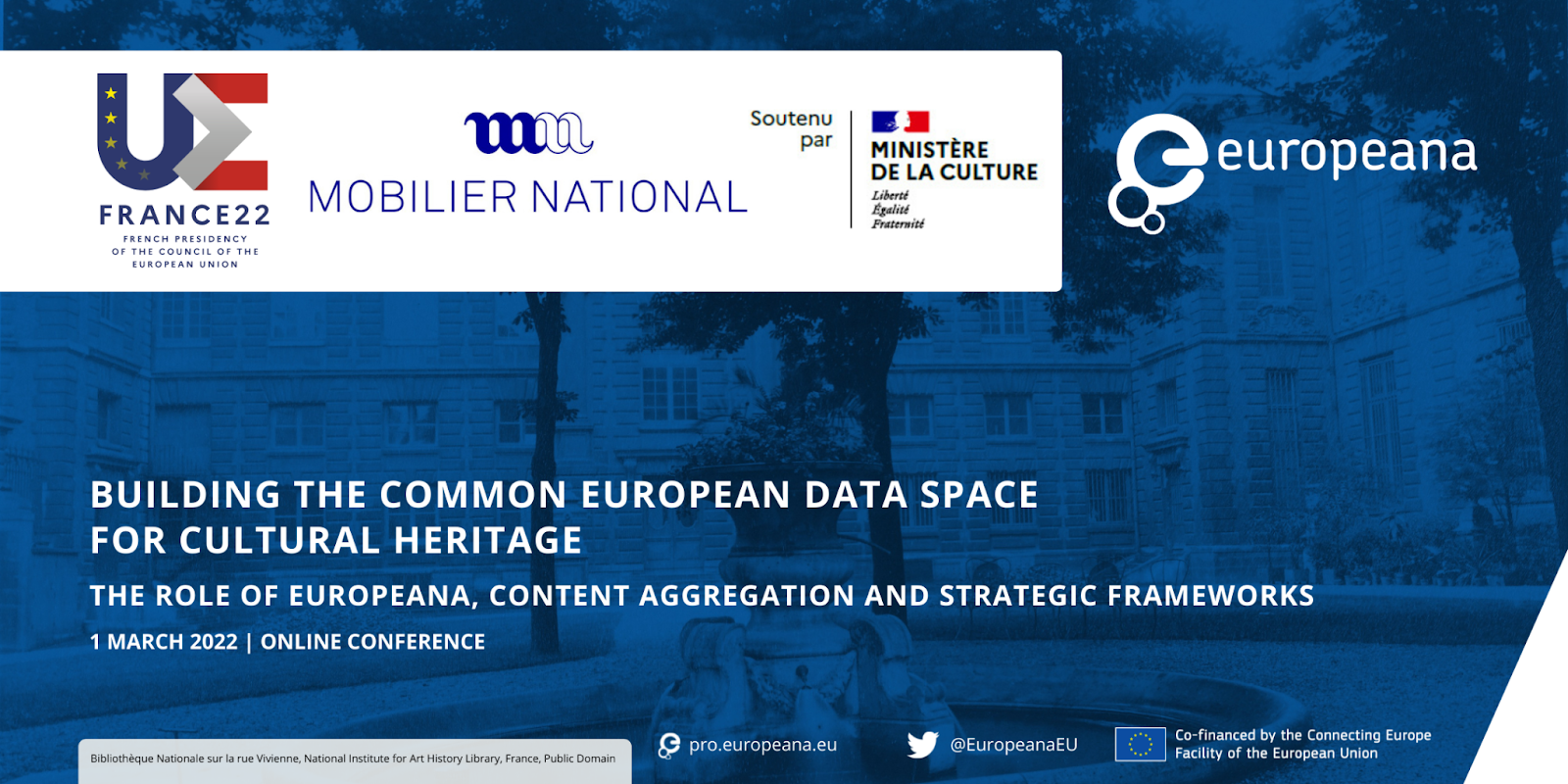

 The EU-funded project ARCH-Advancing Resilience of historic areas against Climate-related and other Hazards– is a research project aims to deliver decision support tools and methodologies to improve the resilience of historic areas to climate change-related and other hazards.
The EU-funded project ARCH-Advancing Resilience of historic areas against Climate-related and other Hazards– is a research project aims to deliver decision support tools and methodologies to improve the resilience of historic areas to climate change-related and other hazards.






 The deadline to apply for the third edition of the Horizon Impact Award ends on March 8th.
The deadline to apply for the third edition of the Horizon Impact Award ends on March 8th.

